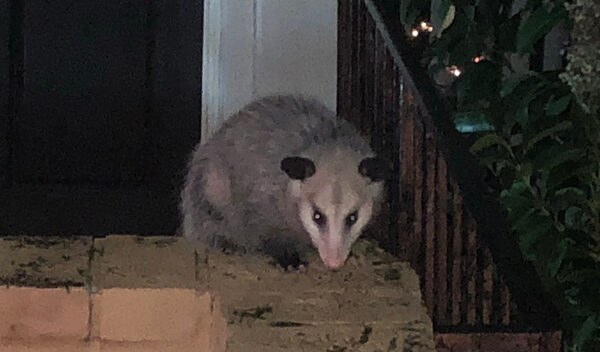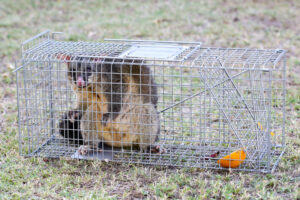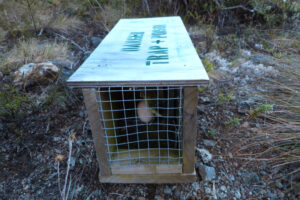Possums Invade Sydney Homes in Winter?
As winter descends upon Sydney, a unique set of challenges emerges for homeowners, one of which is the unexpected intrusion of possums seeking refuge within residential properties. Possum invasions during the colder months have become a recurring issue, leading to a notable increase in calls to pest control services like PossumRid. This article explores the underlying causes of this phenomenon, identifies common entry points, and offers practical advice on preventing possum infestations, all while highlighting the expertise of PossumRid in managing such situations.
What Changes in Possum Behaviour During Winter?
Possums are native to Australia and have adapted well to urban environments. However, their natural habitats are significantly affected by the colder winter weather. In the wild, possums typically reside in tree hollows or other sheltered areas that provide warmth and protection.
During winter, the drop in temperature and scarcity of food resources drive possums to seek alternative shelters, often leading them to urban homes where warmth and sustenance are more readily available.
The behaviour of possums in winter contrasts sharply with their activities during other seasons. In warmer months, possums are more likely to forage and nest in natural environments, but the harsh conditions of winter push them to find refuge in human dwellings. This seasonal shift is a survival strategy, ensuring that possums can maintain their body heat and access food sources without the challenges posed by the cold and wet conditions outside.
Where Are Common Entry Points As Possums Invade Sydney Homes?
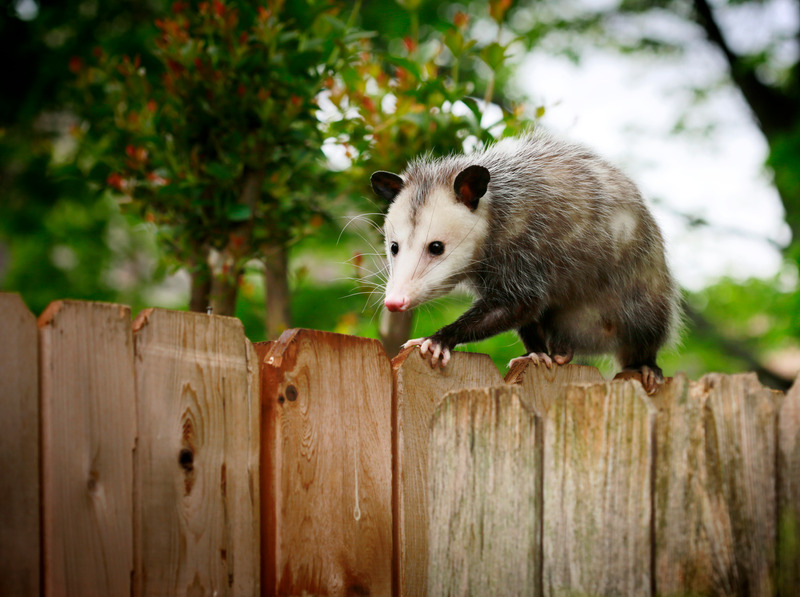
Understanding where and how possums gain entry into homes is crucial for effective prevention. The most common entry points for possums in Sydney homes include roof spaces, chimneys, basements, and wall cavities. These areas provide the shelter and warmth that possums seek during winter.
Roof Spaces:
Possums can easily access roof spaces through gaps in tiles or eaves. Homeowners should inspect their roofs for any visible openings and ensure they are sealed properly.
Chimneys:
Uncovered chimneys are inviting entry points for possums. Installing chimney caps can prevent possums from entering and nesting inside.
Basements and Wall Cavities:
Possums can squeeze through small openings and gaps in basements and wall cavities. It’s essential to check for and seal any cracks or holes in these areas.
Identifying these entry points requires a thorough inspection of the property. Look for signs of disturbance, such as displaced insulation or damaged tiles, and listen for nocturnal noises that might indicate possum activity.
What Are the Signs of a Possum Infestation?
Recognising the signs of a possum infestation early can help mitigate damage and address the problem promptly. Homeowners should be vigilant for the following indicators:
Nocturnal Noises:
Possums are nocturnal creatures, so noises such as scratching, thumping, or scampering sounds in the roof or walls at night can indicate their presence.
Droppings and Urine Stains:
Possum droppings are typically oval-shaped and dark in colour. Urine stains may also be visible, particularly in areas where possums are frequently active.
Chewed Wires and Insulation:
Possums have strong teeth and can chew through electrical wires, insulation, and other materials, leading to potential fire hazards and structural damage.
If any of these signs are detected, it is crucial to take immediate action to prevent further damage and health risks associated with possum infestations.
How Can You Prevent Possums from Entering Your Home?
Preventing possums from entering homes involves a combination of physical barriers and environmental management. Here are some effective preventative measures:
Sealing Entry Points:
Inspect and seal all potential entry points, including gaps in roofs, eaves, chimneys, and wall cavities. Use durable materials such as metal mesh or hardware cloth to cover openings.
Installing Possum Boxes Outside:
Providing alternative shelters for possums can reduce their incentive to invade homes. Installing possum boxes on trees away from the house can offer a safe and attractive option for possums.
Keeping Yards Clean and Trees Trimmed: Maintain a tidy yard by removing food sources such as fallen fruit or pet food. Trim tree branches away from the roof to prevent possums from using them as access points.
Why Choose PossumRid for Professional Possum Removal?
PossumRid specialises in humane and effective possum removal and relocation. Their services include a thorough inspection of the property, identification of entry points, and the use of non-lethal traps to capture and relocate possums to suitable habitats.
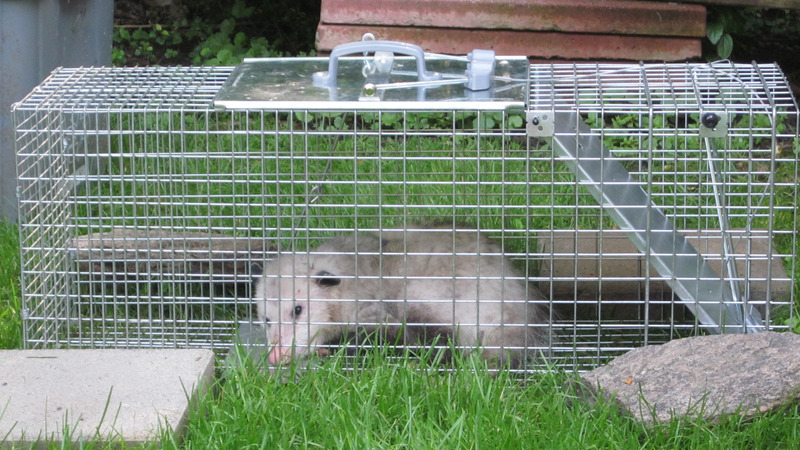
The importance of professional removal cannot be overstated. Attempting to remove possums without proper knowledge and equipment can lead to harm to both the possums and the homeowners. PossumRid ensures that possums are handled safely and relocated to environments where they can thrive without posing a risk to human dwellings.
A success story from a satisfied PossumRid customer illustrates their expertise: “After hearing strange noises in our attic for weeks, we contacted PossumRid. Their team quickly identified the entry points and safely removed the possums. They also provided valuable advice on how to prevent future infestations. We haven’t had any issues since, and we highly recommend their services.”
What Should You Do If You Suspect a Possum Infestation?
As winter brings colder weather to Sydney, the likelihood of possum invasions increases, making it essential for homeowners to be proactive in preventing and addressing these issues. By understanding possum behaviour, identifying common entry points, recognising signs of infestation, and implementing preventative measures, homeowners can protect their properties from possum-related damage and health risks.
PossumRid stands ready to assist with professional removal and relocation services, ensuring both the safety of the possums and the peace of mind for homeowners. If you suspect a possum infestation, don’t hesitate to contact PossumRid for expert advice and support. Call us today at [insert contact information] or visit our website at www.possumrid.com.au to schedule an inspection and protect your home this winter.


